LOS ALAMITOS, Calif. — Have you ever been scrolling on TikTok for an hour, but it felt like a minute? Have you ever listened to your teacher’s hour-long lecture, and it felt like a year? It is common for people to wonder why time seems to move slower or faster some days. There are multiple theories from multiple sources as to why time feels this way.
Ms. Kibtya is an AP Psychology teacher at Los Alamitos High School who explained that our perception is time is impacted by many factors.
“Psychology explains the perception of time moving too fast or too slow by many different factors: attention, emotional state and cognitive load,” Ms. Kibtya said. “The way our brains process events, recall memories and the way we engage with our surroundings all play a significant role in how we experience the passage of time.”
Information
According to The Lauren Chronicles, our bodies don’t follow time by a clock but by how much our brains have processed. The more information our body receives, the slower time feels. For instance, lectures can start feeling like they are dragging as you reach further into it. Your brain has gained so much information in a short period of time that it tricks the brain into believing it was much longer.
“Put your hand on a hot stove for a minute, and it seems like an hour. Sit with a pretty girl for an hour, and it seems like a minute. That’s relativity,” said Albert Einstein, according to Goodreads.
Emotion
A bad day seems to drag on forever, as more and more things don’t go the right way. According to psychologists, if people are trying to watch or fix their emotions, time starts feeling longer. According to Spring, fear is also a big factor in the perception of time. Your brain is quickly finding solutions in times of fret, as if there is a clock rapidly counting down.
“When I’m running late for school in the morning, everything becomes really stressful, and time feels like it just won’t slow down, then I get even more late,” LAHS senior Charlotte McMaster said.
Repetition
According to The Thunderbolt, students start feeling more overwhelmed toward the middle of the school year as exams and heavy workloads make time feel extra slow. After the first few months of school, things start to become repetitive as you wake up at the same time, go to the same classes and then go home to do homework. School falls into a routine, making time feel slower since the brain may not be actively gaining enough new information.
“One instance for me when time felt like it was moving extremely slowly was during the pandemic. We were at home the whole day with nothing to break up the monotony,” Ms. Kibtya said. “But it’s strange, since it ended, and life has returned to ‘normal,’ it feels like that time flew by. It’s bizarre.”
Age
The lifestyle news outlet Joe explains how this can make certain years feel longer than others. People who are older have processed more memories and experiences than a five-year-old, so years start feeling longer. On the other hand, one year feels far longer to a five-year-old since that year is 20% of their life, Joe says. Humans’ perception of time changes as they age.
When we don’t pay attention to time, our brains become less aware of it, and things appear to speed up. There are many factors that can contribute to our brains warping time, even though in this reality, it will always be moving in the same motion.
Medium explains how people tend to overlook how valuable time is and hope for it to slow and speed up in times they want, when really, all one needs to learn is appreciation for each second because time isn’t going to flow how we want. In the words of evolutionary biologist Charles Darwin:



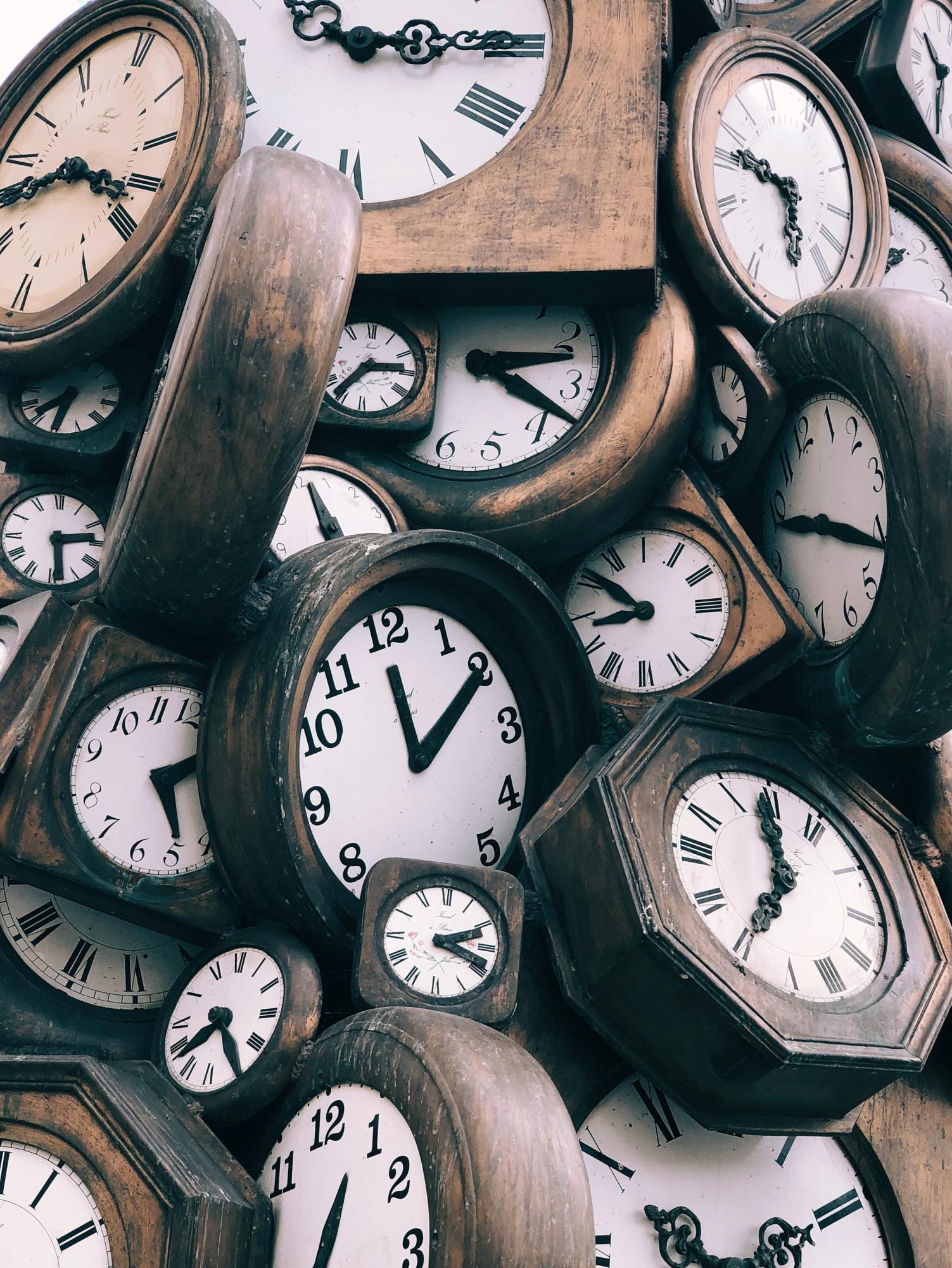

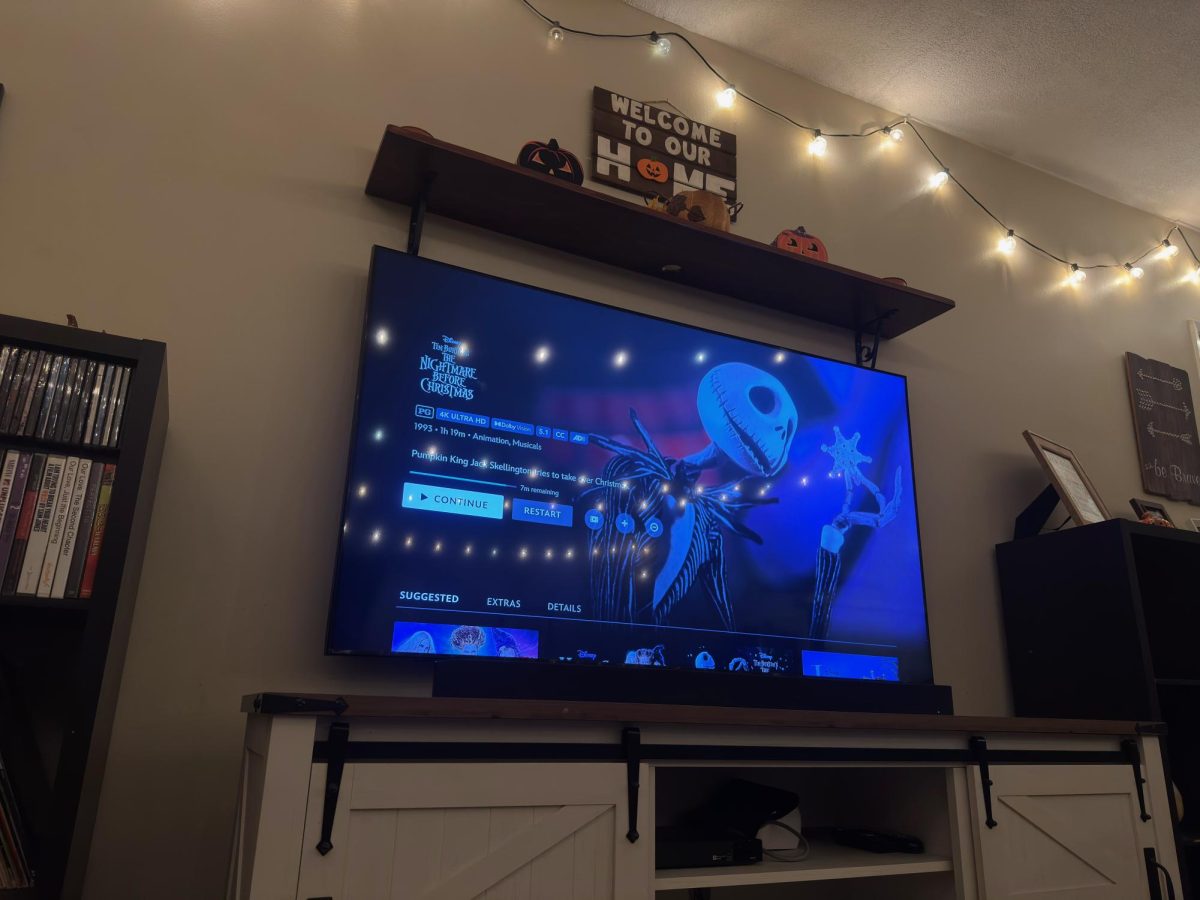

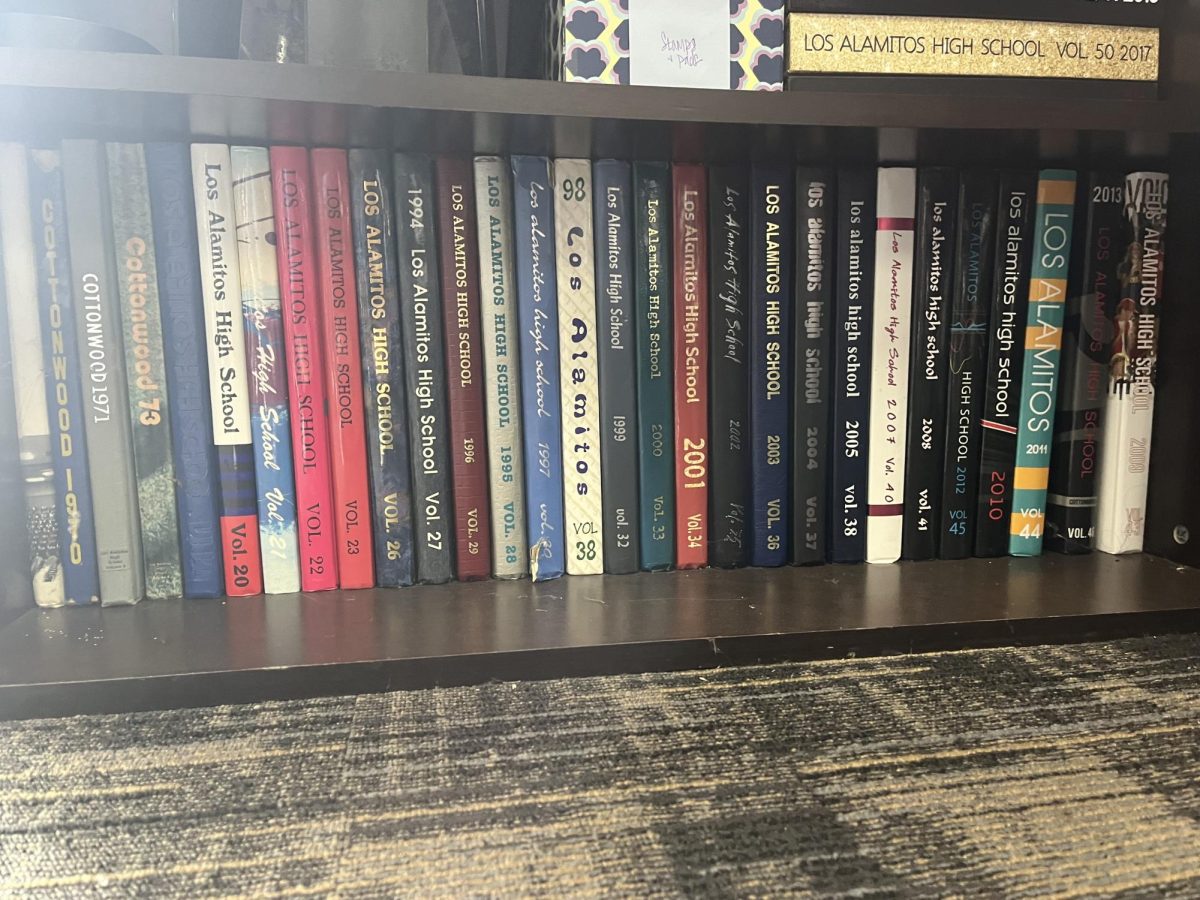
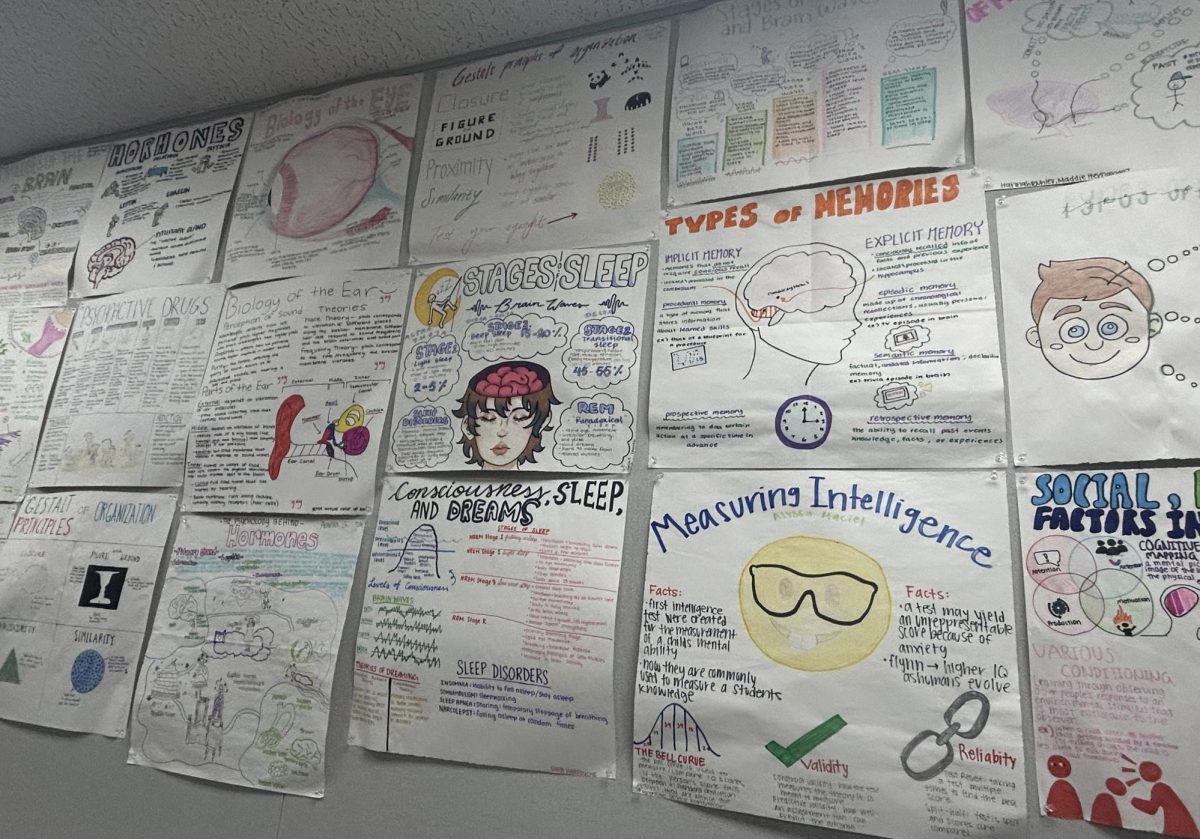
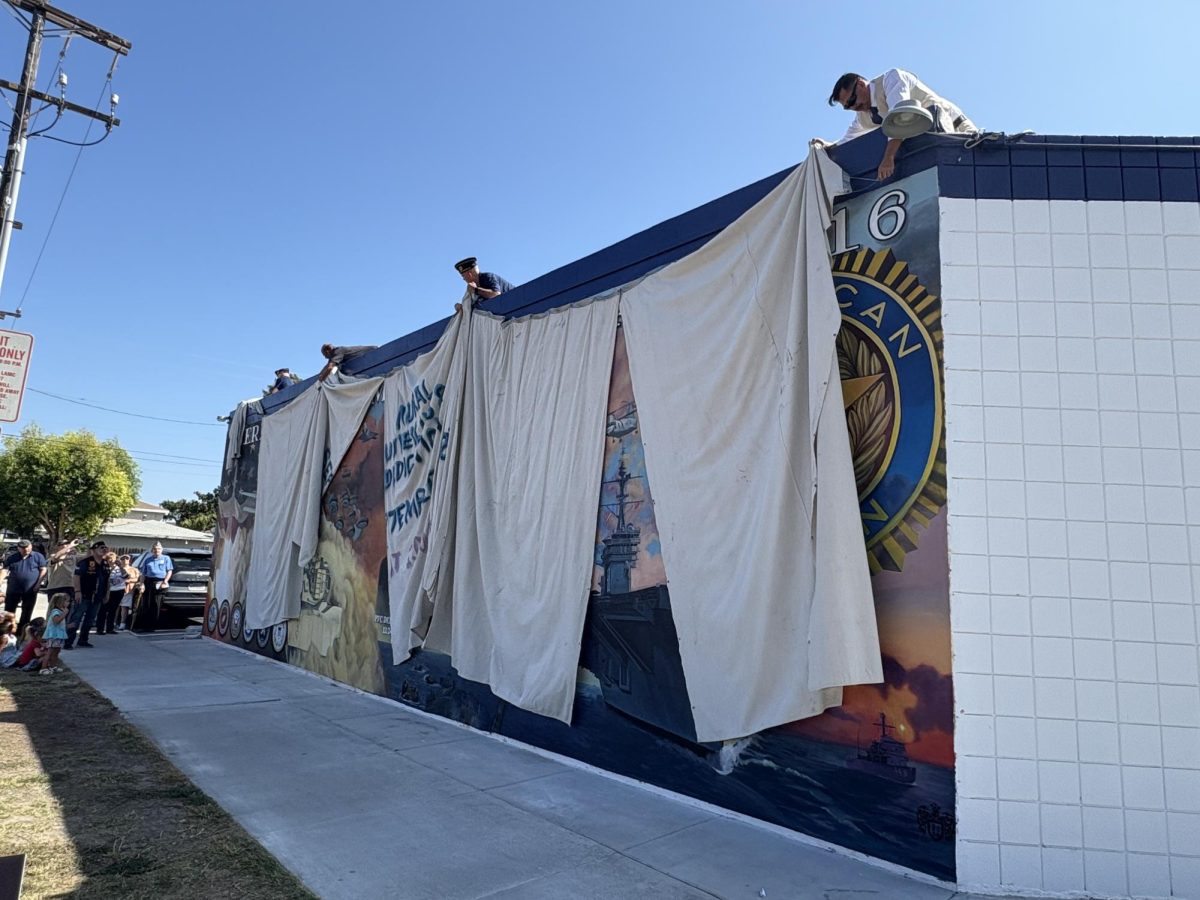



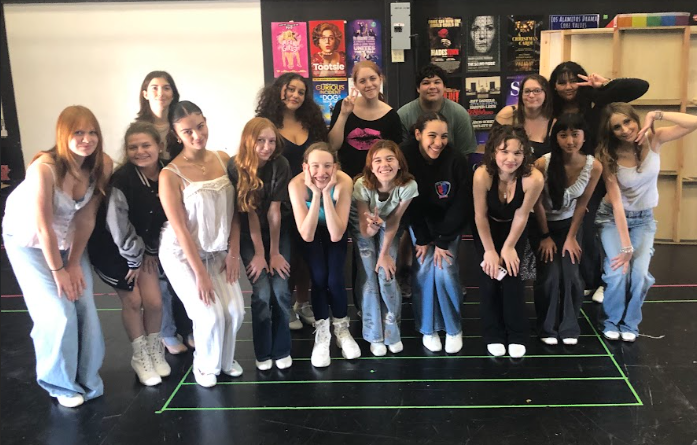
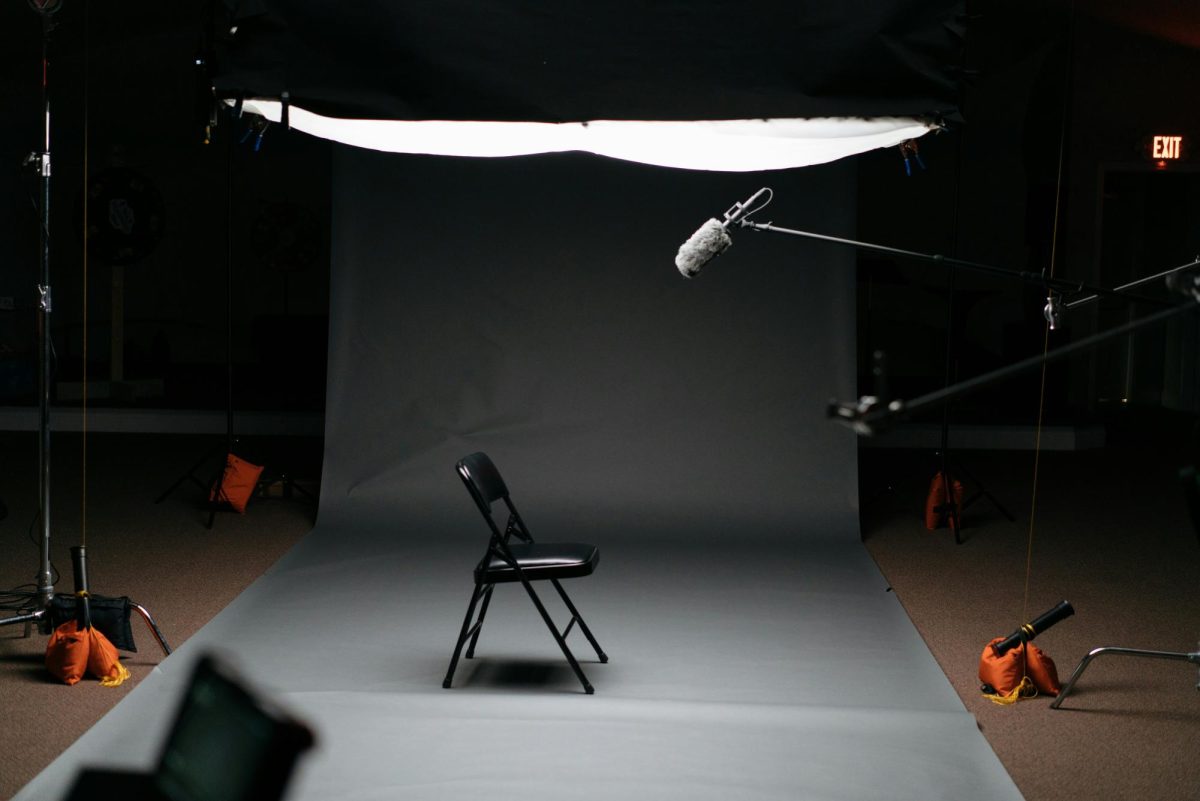
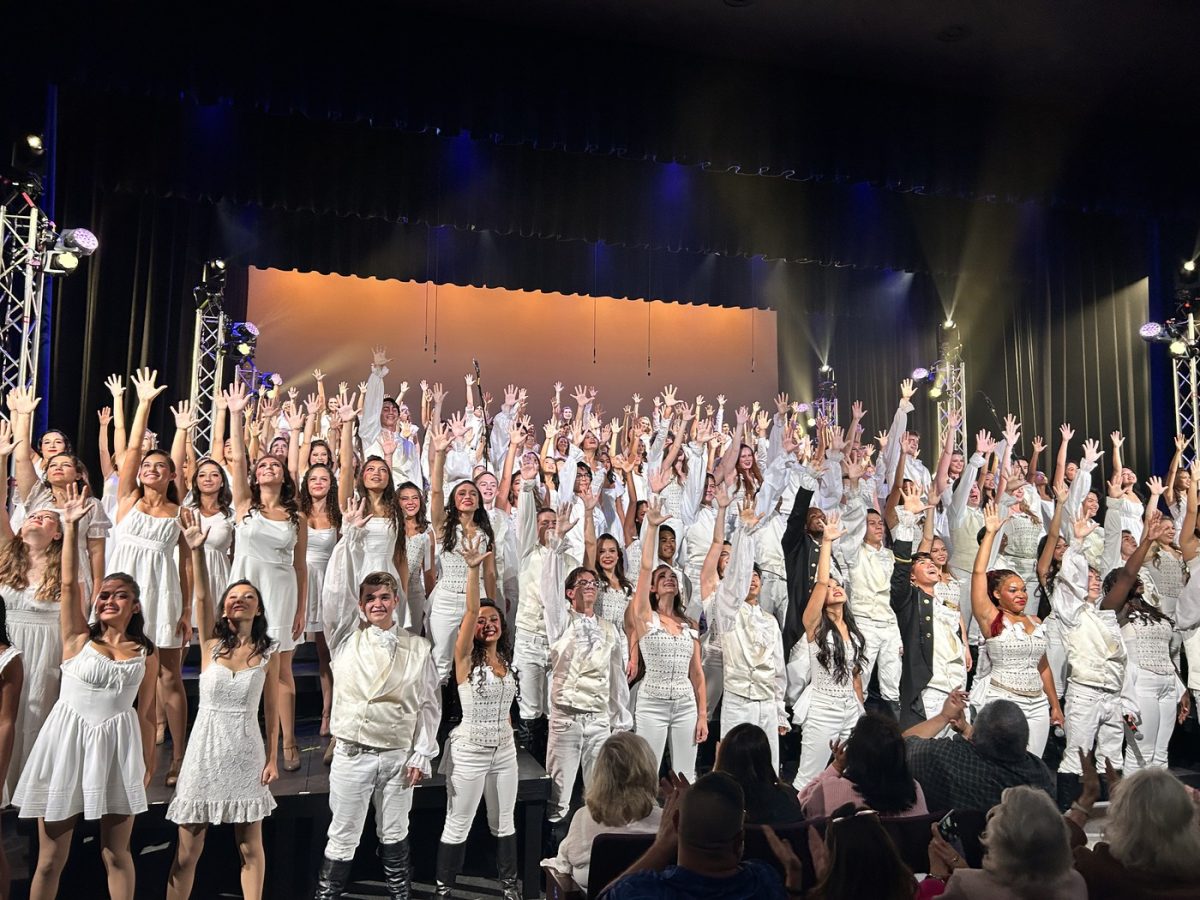
Jasmine Lee • Dec 12, 2024 at 12:33 pm
This is such a great take on time Liz! Very thoughtful and well executed for a unique topic